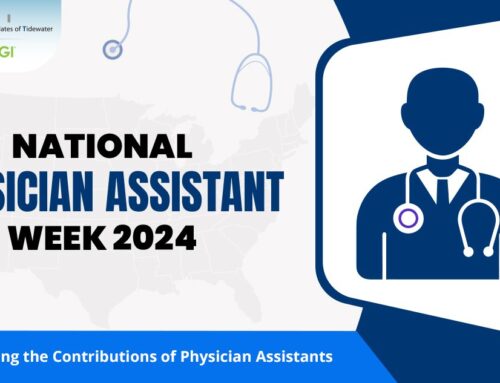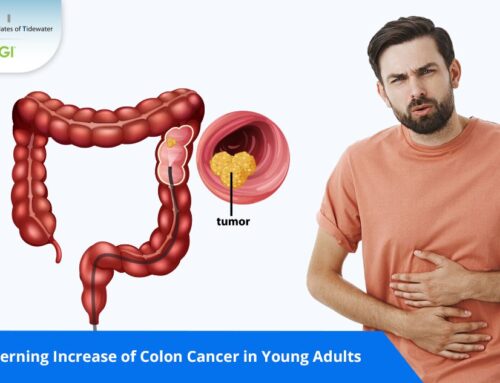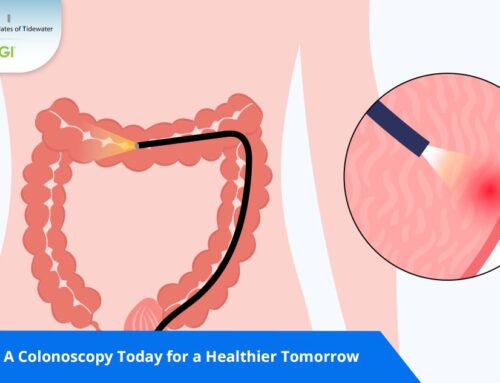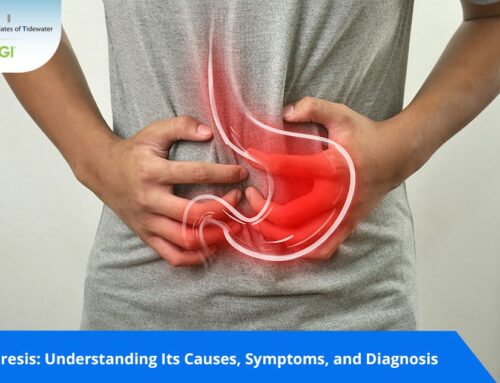According to the American Cancer Society, excluding skin cancers, colon and rectal cancer is the third most commonly diagnosed cancer in men and women in the United States. Most colorectal cancers start in the lining of the colon and rectum and start as growths or polyps. No cancer is completely preventable, but the more you know can lower your risk of getting colorectal cancer.
In this blog post, we’ll talk about five things you should know about colon and rectal cancer.
- Colon and rectal cancer is one of the most preventable types of cancers
You may have heard the old adage, “Early detection is the best protection.” When it comes to colorectal cancer, this is definitely the case.
Colorectal cancer is a leading cause of cancer death for both men and women in the US, but research shows that the death rate has been declining for several decades. One reason is because colon polyps are more often found during screenings before they can develop into cancers.
Screening can find cancer or pre-cancer before symptoms develop and cancer has become life-threatening. Many times, when someone starts to have symptoms, cancer has already spread. However, cancer can be removed or treated and in many cases cured if found early.
- African Americans have the highest rate of incidence and mortality for colon cancer
African Americans are about 20% more likely to get colorectal cancer and 40% more likely to die from it than most other groups. There isn’t a definitive reason this statistic is so high among African Americans. However, it’s recommended that African Americans get a colorectal screening by age 45 or earlier especially if there is a family history of colon and rectal cancer.
- More younger people are being diagnosed with colon cancer
People under age 45 are often not aware they can get colon cancer, and doctors are often late to diagnose it in younger patients according to new research presented at the American Society of Clinical Oncology annual meeting. Since early stages of colon and rectal cancer can mimic other health issues, a cancer diagnosis is sometimes missed or delayed especially in younger people.
If you are experiencing changes in your bowel movements, blood in your stool, weakness or fatigue or unintended weight loss, contact your doctor right away to find out the cause of your symptoms.
- Colon and rectal cancer does not cause symptoms right away.
Colorectal cancer is the third most common cause of cancer-related deaths in the United States. It’s estimated more than 52,000 Americans will die in 2021. This is partly because by the time symptoms of colon cancer show up, the disease has often already spread and there are fewer treatment options. The good news is by getting a regular colon screening or colonoscopy by age 45, pre-cancerous polyps can be found or and removed before they become life-threatening.
- Many lifestyle-related factors have been linked to colon and rectal cancer
According to the American Cancer Society, many lifestyle-related factors, including weight, diet and exercise, have been linked to colorectal cancer. Smoking and moderate to heavy alcohol use are also linked to colon and rectal cancer. The good news is that most of these factors are within our control.
We hope you found this article helpful. Remember, a colon screening or colonoscopy is the best way to screen for colorectal cancer and should be done at least once every ten years for adults starting at age 45. If it has been more than 10 years since your last exam, or if you’ve experienced any symptoms, contact your doctor’s office today to schedule an appointment.
You’ll also want to follow up with family members about their own health screenings-it may save them from experiencing what could have been a fatal diagnosis. It’s always better to take care of yourself sooner rather than later! Do it for you and the ones you love.
To schedule a colon screening appointment with one of GATGI’s physicians, visit our Open Access page here. Eligible patients may be screened over the phone before the colonoscopy. For more information, call (757) 547-0798.





